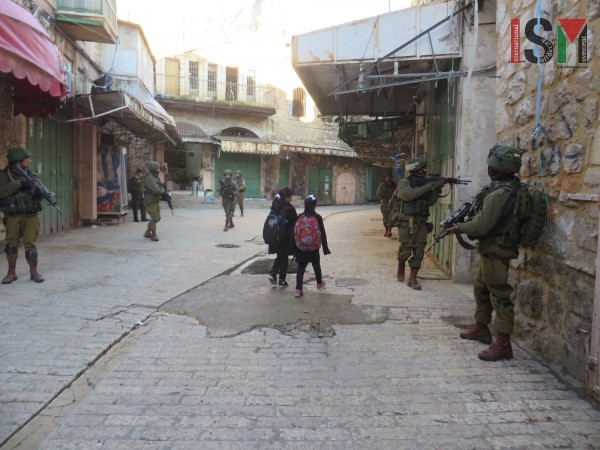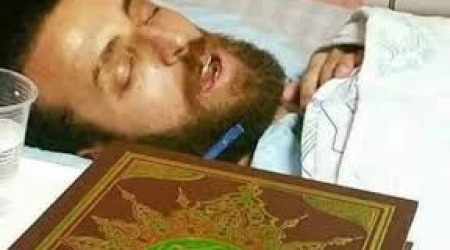Category: Features
-
ISM calls for internationals to volunteer in Palestine
15th February, 2016 | International Solidarity Movement | occupied Palestine Today, Palestinians are facing an enormous amount of pressure in their lives due to the growing violence of Israeli forces. They face restrictions of movement, daily harassment, intimidation and attacks at hands of Israeli occupying forces and extremist settlers. ISM is a Palestinian-led movement; our actions…
-
Children living in closed military zone enjoy day of fun under the shadow of the occupation
13th February 2016 | International Solidarity Movement, al-Khalil team | Hebron, occupied Palestine On February 13th 2016 Youth Against Settlements in occupied al-Khalil (Hebron) organised a children’s activity in front of Shuhada Street checkpoint. Around 50 children from the neighbourhoods located on the H2 (entirely Israeli military-controlled) side of the checkpoint – Tel Rumeida and…
-
Mohammed al-Qiq on the verge of death: sign Avaaz petition to demand his freedom NOW!
12th February 2016 |International Solidarity Movement, Ramallah Team | occupied Palestine 33-year-old journalist, Mohammed al-Qiq, is on his 80th day of a hunger strike in protest against his imprisonment without charges or trial. Al-Qiq’s health has deteriorated to the point of facing imminent death. We are making a call to the international community to…



